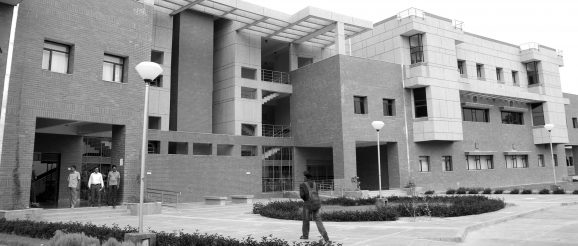Market disruptors: How change drives innovation in bus industry – Bus & Motorcoach News

There’s a saying that the only constant is change.
The key to adapting to change is to be open-minded about the opportunities that come with industry disruptors or disruptions, says industry veteran Bob Crescenzo from Lancer Insurance Company.
“We all know of companies in the past industry that have stuck to their strength, their long-standing model of business, and have either run into difficulties or not been able to continue to succeed in the way they did historically,” said Crescenzo.
As part of the second session of the United Motorcoach Association’s (UMA) three-part Learning Sessions, Crescenzo explored how third parties — that do not operate motorcoaches — have disrupted the business.
He noted the bus industry has evolved and adapted through the decades to changes such as the charter bus rule of 1976, interstate deregulation in 1982, the insurance crisis of 1985, the Americans with Disabilities Act in 1985 and, more recently, the electronic logging device (ELD) requirement.
“As an owner or leader of a company, you have to be resilient and open-minded to the fact that everything s changing all the time,” said Crescenzo.
How third parties affect the industry
The session included a panel discussion with Roxana Melgar of BusRates.com, Chris Riddell of The Bus Network (TBN) and Kevin O’Connor of Transportation Management Services (TMS) to discuss how third-party companies have affected the industry, both positively and negatively.
A good third-party company can help an operator manage change and innovate, O’Connor said.
“A good partner helps both sides of the continuum to deal with that change, whether it’s the bus company or it’s the end customer that needs the services provided to them,” he said. “A good partner, like us, ought to help bus companies and those putting on the events to better meet the challenges of COVID, the inflationary environment, and what the move to E-vehicles requires. We ought to be smart about that stuff, and helpful in navigating that change, whether it’s with the suppliers, the bus companies or it’s the event organizers. What we try to do is not only drive business to the operators but help manage that in a way that’s more meaningful.”
TMS is a full-service transportation management firm specializing in planning and managing transport programs for commercial and government customers. Throughout its 27-year history, the Maryland-based firm has coordinated the transportation of 110 million people to tens of thousands of events.
O’Connor noted that TMS is different from a traditional broker in that the company manages all facets of transportation on multi-year projects. Often, working with bus companies is just one piece of the support TMS is providing to its customers.
“Our contracts vary greatly. They include major conventions and trade shows, and transit agency work and high-security events, like inaugurations, corporate meetings, music festivals, and sporting events like the NBA, (Kentucky) Derby and the World Cup,” he said. “Our teams are often there for years in advance. And, as an example, we’ve been in Qatar since 2019. We’ll have 430 people from our team there by the end of this year doing the World Cup. We love bus companies. We love the industry. We try hard to support the industry, especially through these challenging times.”
Not all disruptions are negative
BusRates.com, a service of UMA, is an online platform that connects consumers directly with motorcoach companies and cuts out the middleman.
Radical changes are always going to happen, but they aren’t always negative, says BusRates’ Melgar.
“It’s about seeing what’s going to add value to your business,” she said, adding that is what BusRates has done since its launch nearly a decade ago, before many motorcoach companies had an online presence. “It was a disruptor at the time, but it was a positive one.”
TBN, a technology solutions company, is a fully cloud-enabled smart application that lets operators increase yield management, offer better pricing and control their product in the market space.
“One of the things that exist in bus companies is that the operational demands to run a bus company are real and they take a lot of time. So the question of what value can a third party add is what is it that they can do to help extend business, grow business, increase margin — do all of those things — without putting additional operational requirements on the companies themselves,” said TBN’s Riddell.
The full Town Hall presentation can be viewed by UMA members here.
